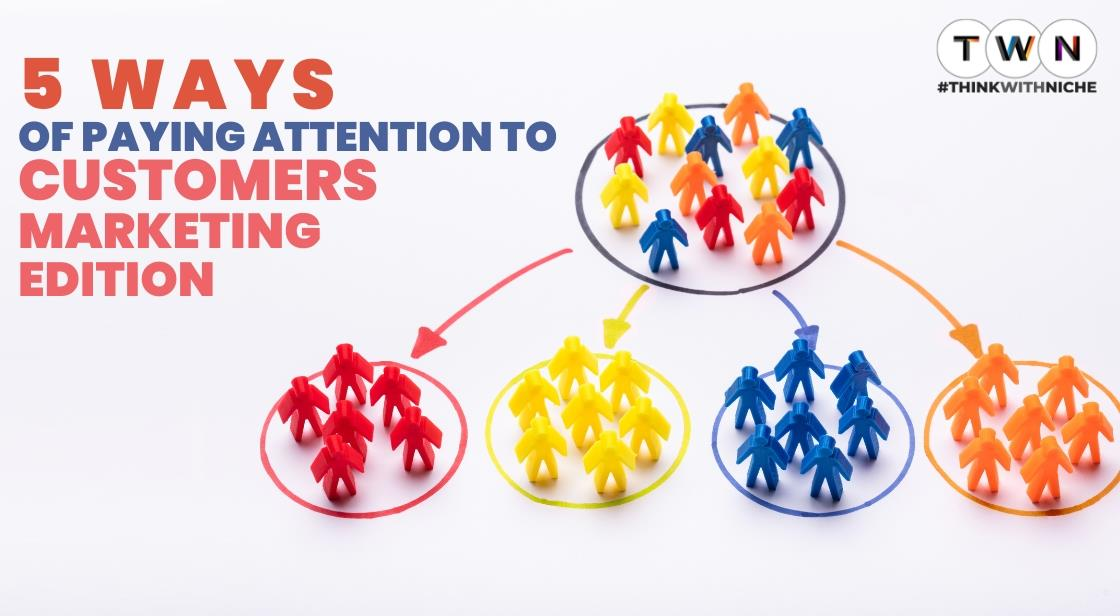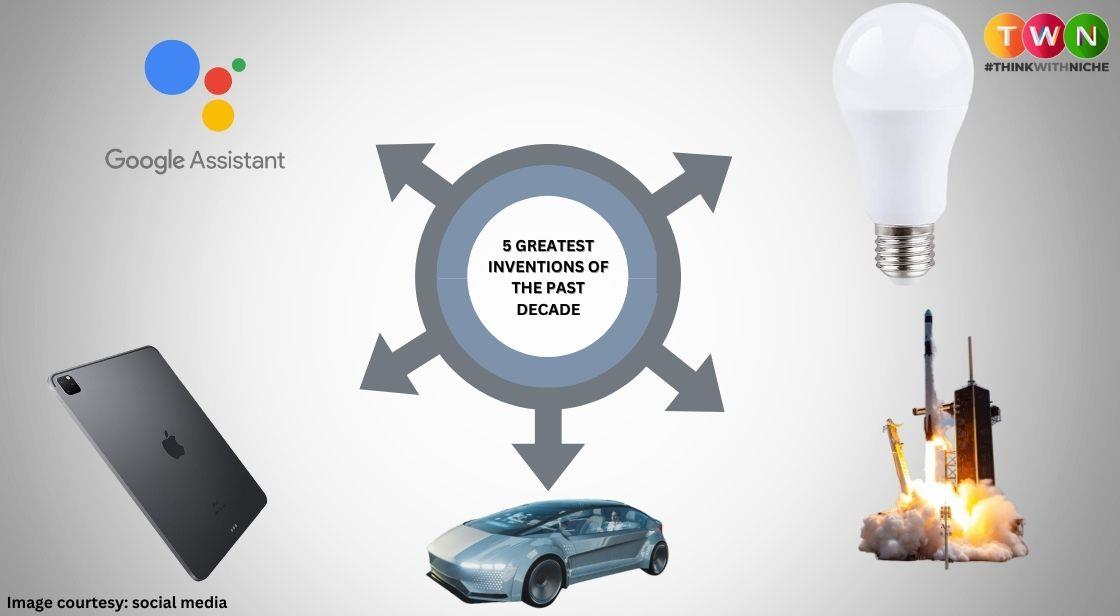5 Ways of Paying Attention to Customers Marketing Edition
In today's highly competitive business landscape, paying attention to customers has become more crucial than ever. With empowered consumers demanding personalized experiences and meaningful interactions, businesses must prioritize customer engagement to stay relevant and successful. Effective customer-centric marketing strategies can not only foster brand loyalty but also drive revenue growth.
In this article, we will explore five proven ways to pay attention to customers in marketing, backed by the latest data and facts. By implementing these strategies, you can enhance customer satisfaction and build lasting relationships with your target audience.
What is Customers Marketing?
Customers Marketing refers to the strategic and operational activities that businesses undertake to understand, attract, engage, and retain customers. It involves the application of marketing principles and techniques specifically focused on catering to the needs, preferences, and behaviors of customers.
Customers Marketing encompasses various strategies and tactics aimed at building strong customer relationships, enhancing customer satisfaction, and driving customer loyalty. It involves analyzing customer data, conducting market research, segmenting target audiences, and developing tailored marketing campaigns to effectively communicate and deliver value to customers.
The primary goal of Customers Marketing is to create meaningful and personalized experiences for customers throughout their journey with a brand. It involves understanding customer motivations, desires, and pain points to develop targeted messaging, products, and services that resonate with the intended audience.
Key aspects of Customers Marketing:
1. Personalization:
Personalization involves tailoring marketing efforts to individual customer preferences and behaviors to deliver relevant and customized experiences. It requires collecting and analyzing customer data to understand their preferences, demographics, purchase history, and browsing patterns. With this information, businesses can create personalized marketing messages, product recommendations, and offers that resonate with individual customers.
Personalization can be achieved through techniques such as targeted email marketing, dynamic website content, personalized product recommendations, and customized advertisements. By providing a personalized experience, businesses can enhance customer engagement, satisfaction, and loyalty.
2. Customer Segmentation:
Customer segmentation involves dividing the target market into distinct groups based on common characteristics such as demographics, psychographics, purchasing behavior, or preferences. This enables businesses to better understand their customers and tailor their marketing strategies to each segment's specific needs and preferences.
By segmenting customers, businesses can develop targeted messaging, create relevant offers, and allocate resources effectively. Segmentation can be based on factors like age, gender, location, interests, lifestyle, or purchasing habits.
By focusing on specific customer segments, businesses can optimize their marketing efforts and increase the likelihood of resonating with their intended audience.
3. Customer Relationship Management (CRM):
Customer Relationship Management (CRM) is the process of utilizing customer data and technology to manage and nurture customer relationships effectively. CRM systems help businesses track customer interactions, collect and analyze data, and automate various marketing processes.
CRM enables businesses to understand each customer's history, preferences, and needs, allowing for personalized communication and targeted marketing campaigns. CRM systems facilitate tasks such as managing customer contacts, tracking customer interactions, monitoring sales pipelines, and providing personalized support.
By implementing CRM practices, businesses can enhance customer satisfaction, improve customer retention rates, and drive revenue growth.
4. Customer Experience (CX):
Customer Experience (CX) refers to the overall perception and interaction a customer has with a brand throughout their entire journey, from initial awareness to post-purchase interactions. It encompasses every touchpoint and interaction between the customer and the brand, including online and offline experiences, customer service, product quality, and more.
A positive customer experience is crucial for building customer loyalty, advocacy, and long-term relationships.
To optimize the customer experience, businesses need to understand and meet customer expectations at every stage of the customer journey. This requires seamless integration and consistency across all channels, including websites, social media, physical stores, mobile apps, and customer support. Providing a memorable and positive experience involves:
a) Usability and Convenience: Making it easy for customers to navigate and interact with your brand. This includes user-friendly websites, intuitive interfaces, streamlined checkout processes, and responsive customer support.
b) Personalization and Customization: Tailoring experiences to individual customer preferences and needs. This can involve personalized product recommendations, customized communications, and personalized customer service.
c) Consistency: Maintaining consistency across all touchpoints to create a cohesive brand experience. This includes aligning messaging, branding, and values across different channels and departments.
d) Proactive Communication: Keeping customers informed and engaged throughout the customer journey. This includes providing timely updates on order status, addressing customer inquiries promptly, and proactively seeking feedback.
e) Resolving Issues and Providing Support: Offering efficient and empathetic customer support to address customer concerns or issues promptly. This includes providing multiple channels for support, such as phone, email, live chat, or social media.
By focusing on delivering exceptional customer experiences, businesses can differentiate themselves from competitors, build trust, and foster long-term customer loyalty.
Read This Full ARTICLE, Click Here



